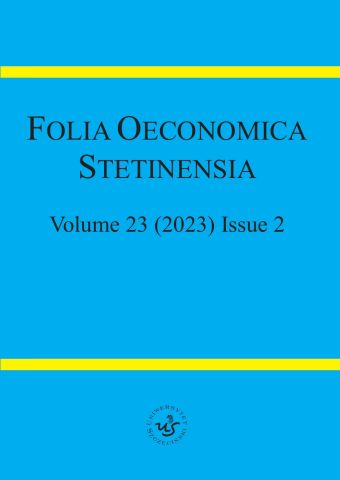Dynamic Common Correlated Effects of Geopolitical Risk on International Tourism Arrivals
Dynamic Common Correlated Effects of Geopolitical Risk on International Tourism Arrivals
Author(s): Suzana HermanSubject(s): Economy, National Economy, Tourism, Transport / Logistics
Published by: Wydawnictwo Naukowe Uniwersytetu Szczecińskiego
Keywords: geopolitical risk; international tourism; CS-ARDL testing method; Dynamic Panel
Summary/Abstract: Research background: Geopolitical risk is currently recognized as a worldwide concern that significantly affects various economic sectors. As a consequence, rising geopolitical risks can cause a decline in the number of tourist arrivals. Purpose: The aim of this paper is to examine the applicability of a commonly used dynamic model, the autoregressive distributed lag model (ARDL), in a panel data context and the effect of geopolitical risk on explaining tourist demand in chosen countries across long and short time periods. Research methodology: On 18 developing economies, the Cross-sectionally Augmented Distributed Lag (CS-ARDL) technique is used. Results: The results of the test show interesting insights. Although the consequences of geopolitical threats in the short term are significant and have a negative impact on tourist arrivals, in the long term, results show there is no effect. Specifically, a rise in geopolitical risk decreases foreign visitor visits in the short term but has no lasting impact. Novelty: Using an econometric model, this study contributes to the limited research on the link between geopolitical risk and tourist arrivals.
Journal: Folia Oeconomica Stetinensia
- Issue Year: 23/2023
- Issue No: 2
- Page Range: 132-149
- Page Count: 18
- Language: English

